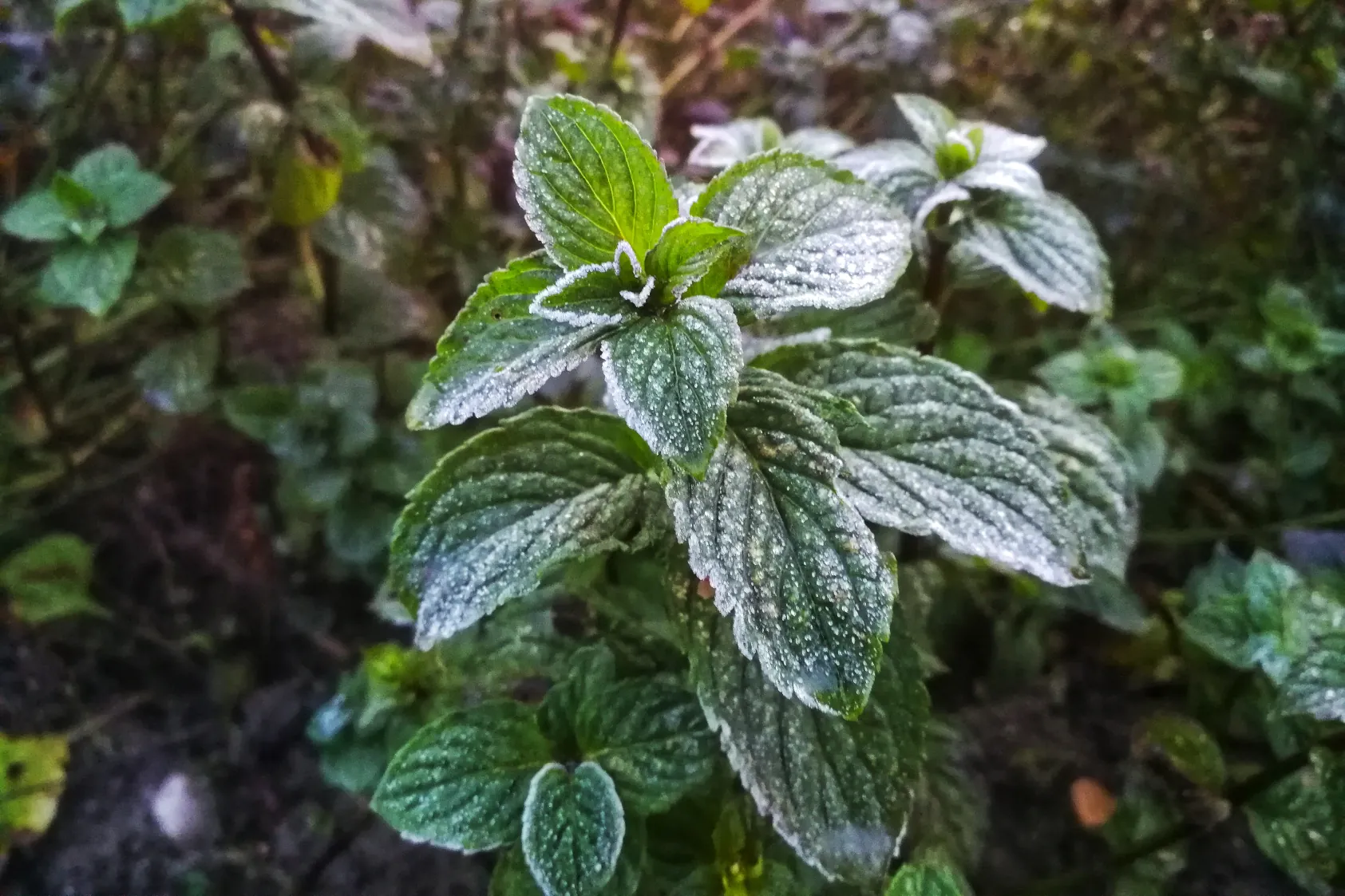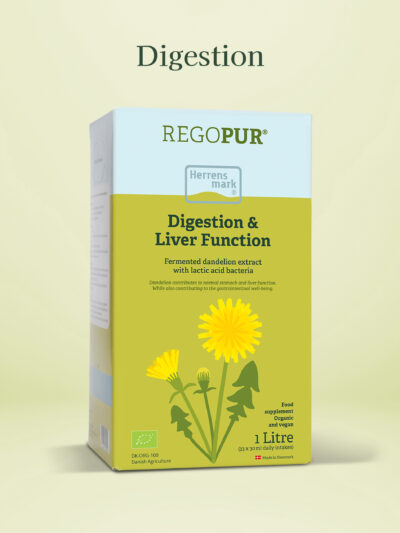From mint to mentha piperita
What does peppermint oil contain?
Peppermint oil is the volatile oil contained in the plant’s leaves. It consists mainly of menthol, the flavour we know so well from chewing gum and toothpaste, but it also contains several other substances, such as mentone and menthyl acetate. The menthol content in peppermint oil is the reason it is used externally, for example in massages, as menthol has cooling and soothing properties, while also increasing blood flow to the area.
Peppermint tea in the cup
The presence of essential oils also makes it delightful cup of tea, and you have perhaps already encountered a cup of peppermint tea on your way? If not, you have something to look forward to – we speak from experience as we dry leaves for tea every year, which we enjoy around the lunch table. When making peppermint tea, the aroma is lovely, somewhat sweet, but when it lands on the tongue and has been allowed to steep a little too long, it is not only sweet but also a bit bitter. Some people love the taste, while others prefer a cup of old-fashioned black tea, but regardless, something magical happens when the tea touches the tongue.
Why are bitter substances important?
How do you get a good digestion?
Good digestion depends not only on what we eat but also on rest between meals, which is why intermittent fasting has become very popular. It sounds dramatic, but in reality, it’s just what many practice without thinking about it: You eat your last main meal around 6 pm and then wait until the next day at 11 am to eat again. In return, you can eat freely between 11 am and 6 pm. The long period without food gives your digestion a well-deserved break, helping not only to bring peace to the intestines but also to your nervous system.
Take care of one of the body's longest nerves
To understand the connection, one must know that the nervous system is divided into two parts: the sympathetic nervous system and the parasympathetic nervous system. It is the latter that at night – and preferably also during periods throughout the day – should create calm and surplus to digest our food. This happens, among other things, through a very large and branched nerve, the vagus nerve, which originates from the brain. It belongs to one of the longest nerves in the body, branching down through our airways, some nerve fibers go to the ears, but the longest of the nerves goes down to the stomach and further down through the digestion, where it is essential in creating the best conditions.
Do you listen to your gut feeling?
REGOBONE 1 and 2 Litre – Organic
REGOMEO 1 & 2 Liter – Organic
REGOPUR 1 & 2 litre – Organic
Health claims
- Peppermint contributes to calmness in the presence of flatulence and stomach cramps (ID: 2696)
- Peppermint supports digestion (ID: 2698)




